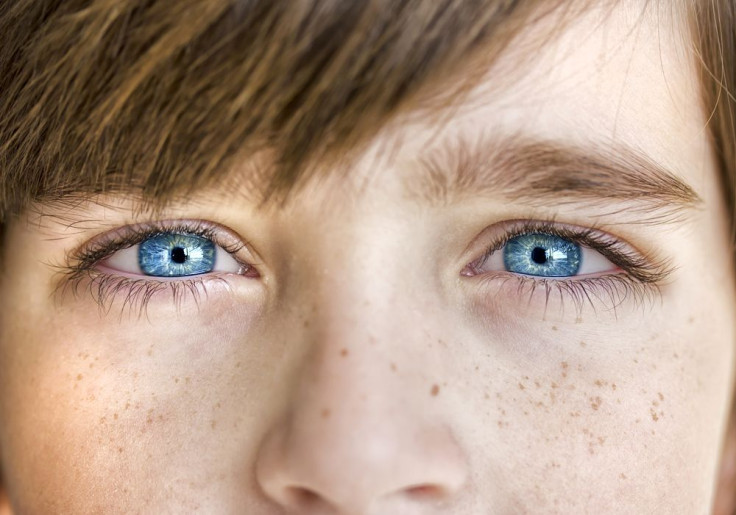Morality Is In The Eye Of The Beholder: Scientists Can Change Your Mind By Tracking Your Eyes

Is morality an engraved virtue or a spur of the moment decision? A recent study suggests the latter after researchers found that people's moral decisions can be manipulated by simply studying their eyes and knowing the right time to ask.
A new study from Lund University in Sweden, University College London, and the University of California, Merced is changing our perspective on “morality.” Past research has found links between eye movement and the decision-making process, with UCL Professor Daniel Richardson explaining in a recent press release how a person's gaze could predict what item on a menu they would choose. Working off this, the international team wondered that if small decisions were heavily dependent on eye movement, would the same stand true for moral decisions?
"We hypothesized that many of your moral decisions may arise 'on the fly' as a result of how you look at and interact with your environment," Michael Spivey from the University of California, Merced explained in the press release.
A Trick Of The Eye
In order to prove this hypothesis, the researchers had volunteers make complex moral decisions in a lab setting. Volunteers were asked to ruminate about questions, such as “Is murder sometimes justifiable?” while, without their knowledge, researchers tracked their eye movements using eye-tracking technology. The volunteers were shown two answers, with each representing a different moral stance. For each trial, a “target alternative” was chosen as what the researchers would aim to manipulate volunteers to choose. In order to manipulate volunteers to choose the predetermined target, the researchers asked volunteers to immediately make their decision once the eye-tracker determined they had looked at the target for a certain amount of time.
Results showed that, overall, when manipulated, participants chose the “random alternative” as their moral choice 58 percent of the time, compared with only 50 percent of the time without manipulation. This suggests that our morality is not as set in stone as we think and can be manipulated by a simple "trick of the eye."
"What we find in this study is that the precise timing of our decisions can be a powerful influence on the choices that we end up making. The process of arriving at a moral decision is not only reflected in people's eye gaze but can also be determined by it," Philip Pärnamets, one of the authors from the University of Lund, explained in the press release.
Interplay Between Sight And Mind
The implications can be exciting or unsettling, depending on how you view it. For example, it shows just how closely our thought process and vision are linked. However, it also sheds light on just how vulnerable human judgment is to outside manipulation.
“The same interplay between the brain the hand and the eye that plays out when we reach for a cup of coffee is also involved in reasoning if something is morally right or wrong,” explained Daniel Richardson, one of the authors of the study from University College London.
Source: Parnamets P, Johansson P, Hall L, et al. Biasing moral decision by exploiting the dynamics of eye gaze. PNAS. 2015.



























